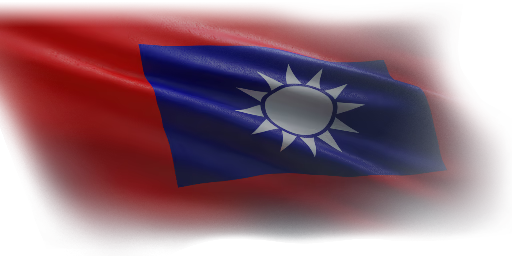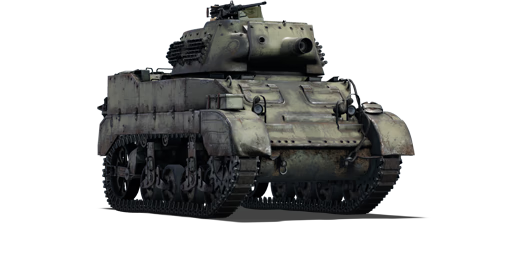




During World War II, the M8 HMC was sent to China as part of the lend-lease programme, where it served as a fire support vehicle for the Chinese Nationalist Army. However, as the Japanese occupied most coastal areas and ports later in the war, the M8 HMCs were delivered to China in relatively small numbers. The Allies faced difficulties in finding suitable landing spots to bring in equipment while avoiding capture by Japanese forces. The only occasion the M8 HMC may have seen limited combat was during the Huai Hai campaign of the Chinese Civil War, where both sides deployed tanks.
Introduced in Update 1.91 "Night Vision", the M8 HMC offers a unique experience for players in the early ranks of the Chinese Army ground forces. Since the primary 75 mm howitzer fires low-velocity projectiles, long-range engagements are less effective. However, due to the low velocity of the shells, it is possible to target opponents who are not in direct line of sight by moving behind low obstacles and firing shells in a short arc to hit enemies behind cover. The turret roof is equipped with an M2HB Browning heavy machine gun, which can engage lightly armoured enemy vehicles and early aircraft.
| Ammunition | Type | Armor penetration (mm) at a distance: | |||||
|---|---|---|---|---|---|---|---|
| 10 m | 100 m | 500 m | 1000 m | 1500 m | 2000 m | ||
| HEAT | 89 | 89 | 89 | 89 | 89 | 89 | |
| Smoke | 3 | 3 | 3 | 3 | 3 | 3 | |
| HE | 10 | 10 | 10 | 10 | 10 | 10 | |
| Belt | Belt filling | Armor penetration (mm) at a distance: | |||||
|---|---|---|---|---|---|---|---|
| 10 m | 100 m | 500 m | 1000 m | 1500 m | 2000 m | ||
| API-T/I/AP/API-T | 31 | 29 | 21 | 14 | 9 | 6 | |












Mobility | |
|---|---|
Protection |
|---|
Firepower |
|---|